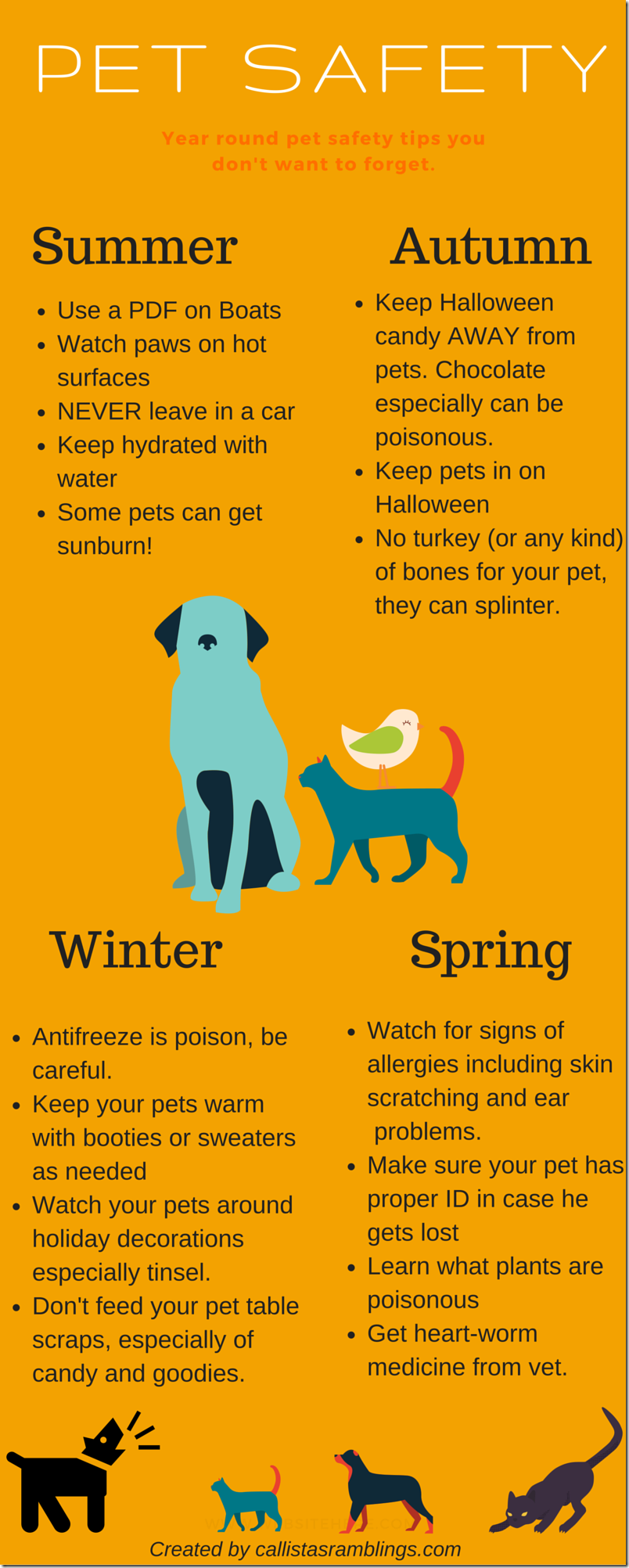Pulse of Information
Stay updated with the latest news and insights.
Pawsitively Healthy: The Secrets Every Pet Parent Should Know
Unlock the secrets to a happier, healthier pet! Discover essential tips every dedicated pet parent should know for pawsitive living!
Top 10 Nutritional Myths About Pet Health Debunked
There are numerous nutritional myths about pet health that can lead to misconceptions among pet owners. For instance, many believe that all human food is safe for pets. In reality, certain foods like grapes, chocolate, and onions can be toxic to dogs and cats. Additionally, the assumption that a vegetarian or vegan diet is healthy for pets is also misleading; cats, in particular, are obligate carnivores and require specific nutrients found only in animal products. Understanding these myths helps owners make informed decisions about their pets' diets.
Another common myth is that grain-free diets are inherently healthier for pets. Recent studies suggest that these diets may be linked to heart issues in dogs, highlighting the importance of balanced nutrition. Furthermore, some pet owners think that more expensive pet food equates to better quality; however, not all premium brands contain better ingredients. It’s vital to read labels and consult with a veterinarian regarding your pet's dietary needs rather than relying on marketing claims. By debunking these top nutritional myths, we can ensure better health and longevity for our furry companions.

How to Choose the Right Food for Your Pet's Unique Needs
Choosing the right food for your pet's unique needs is crucial for their overall health and well-being. Every pet has distinct dietary requirements based on factors such as age, breed, size, and any specific health conditions they might have. To start, assess your pet's life stage—puppies and kittens require different nutrients compared to adult and senior pets. Additionally, consider your pet's activity level; a more active pet may benefit from a diet high in protein, while a less active pet might require fewer calories to maintain a healthy weight.
Once you've identified your pet's unique requirements, it's essential to read the ingredient labels carefully when selecting food. Look for high-quality sources of protein as the primary ingredient, and avoid foods with excessive fillers or artificial additives. If your pet has specific health concerns, such as allergies or sensitivities, consider consulting your veterinarian for tailored dietary recommendations. Remember, transitioning to a new diet should be done gradually to avoid any digestive upset; mix the new food with the old over several days to ensure your pet adjusts comfortably.
Are You Making These Common Mistakes in Your Pet Care Routine?
When it comes to pet care, even the most devoted pet owners can fall into common traps. One of the biggest mistakes is inconsistent feeding schedules. Pets thrive on routine, and a sporadic feeding approach can lead to health issues such as obesity or digestive problems. Additionally, failing to provide adequate exercise can be detrimental. Regular physical activity not only keeps your pet's weight in check but also promotes mental stimulation. It's essential to establish a reliable schedule that includes feeding and exercise to ensure your furry friend lives a long, healthy life.
Another prevalent oversight in pet care is neglecting regular veterinary check-ups. Many pet owners underestimate the importance of preventive care, which can help catch health issues early on. Missing vaccinations, flea, and tick treatments can expose your pets to serious illnesses. Furthermore, grooming is often overlooked; neglected fur can lead to matting, skin problems, and discomfort for your pet. Regular grooming not only keeps your pet looking great but also enhances their overall well-being. Make sure you’re not making these common mistakes that could affect your pet’s health and happiness.